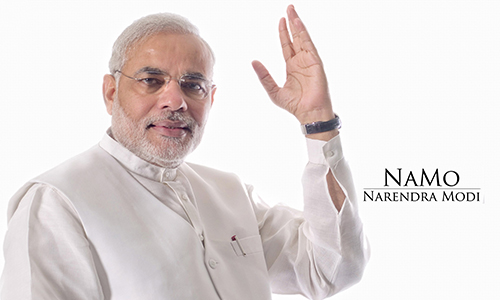India successfully launched a satellite today, which will be shared by seven countries in the South Asian region to improve communication services.
India spent around US$75 million (RM325.34 million) on the construction and launch of the satellite, with Prime Minister Narendra Modi calling it a "gift" for member countries of the South Asian Association for Regional Cooperation (SAARC).
"The successful launch of South Asian Satellite is a historic moment. It opens up new horizons of engagement," he said on Twitter.
 "This will also greatly benefit South Asia & our region''s progress," Modi added.
"This will also greatly benefit South Asia & our region''s progress," Modi added.
Analysts say India is using the launch to exercise a form of soft power and counter-balance to China's growing influence over its neighbours.
China and India have no direct space rivalry, but both countries have committed increased budgets for their space programmes.
A rocket carrying the GSAT-9 communication satellite took off from the Sriharikota spaceport on India's south-eastern coast at 4.57pm (7.37pm in Malaysia).
The 2.2-tonne payload entered orbit some 20 minutes later. Seven of the eight SAARC countries - India, Sri Lanka, Maldives, Afghanistan, Nepal, Bangladesh and Bhutan - are part of the project.
India''s neighbouring rival, Pakistan opted out, saying it has its own space programme. The project comes at a time of rising tensions between India and Pakistan.
India has accused Pakistani forces of killing and mutilating two Indian soldiers in the disputed region of Kashmir, allegations Islamabad has rejected.
Built by the state-run Indian Space Research Organisation, the satellite, with its high-powered 12 Ku-band transponders, will boost telecommunications and broadcasting services.
It will also enable applications for natural resources mapping, education, and telemedicine, as well as assist with weather forecasting and disaster management support.
Each country will get access to at least one transponder. India has said it will assist the countries in developing their ground infrastructure.
The satellite has a mission life of 12 years. Leaders from the seven SAARC nations took part in a video conference to celebrate the successful launch.
"Space technology will touch the lives of our people in the region," Modi said. He also congratulated Indian scientists on the launch, saying he was "very proud of them".
- dpa

